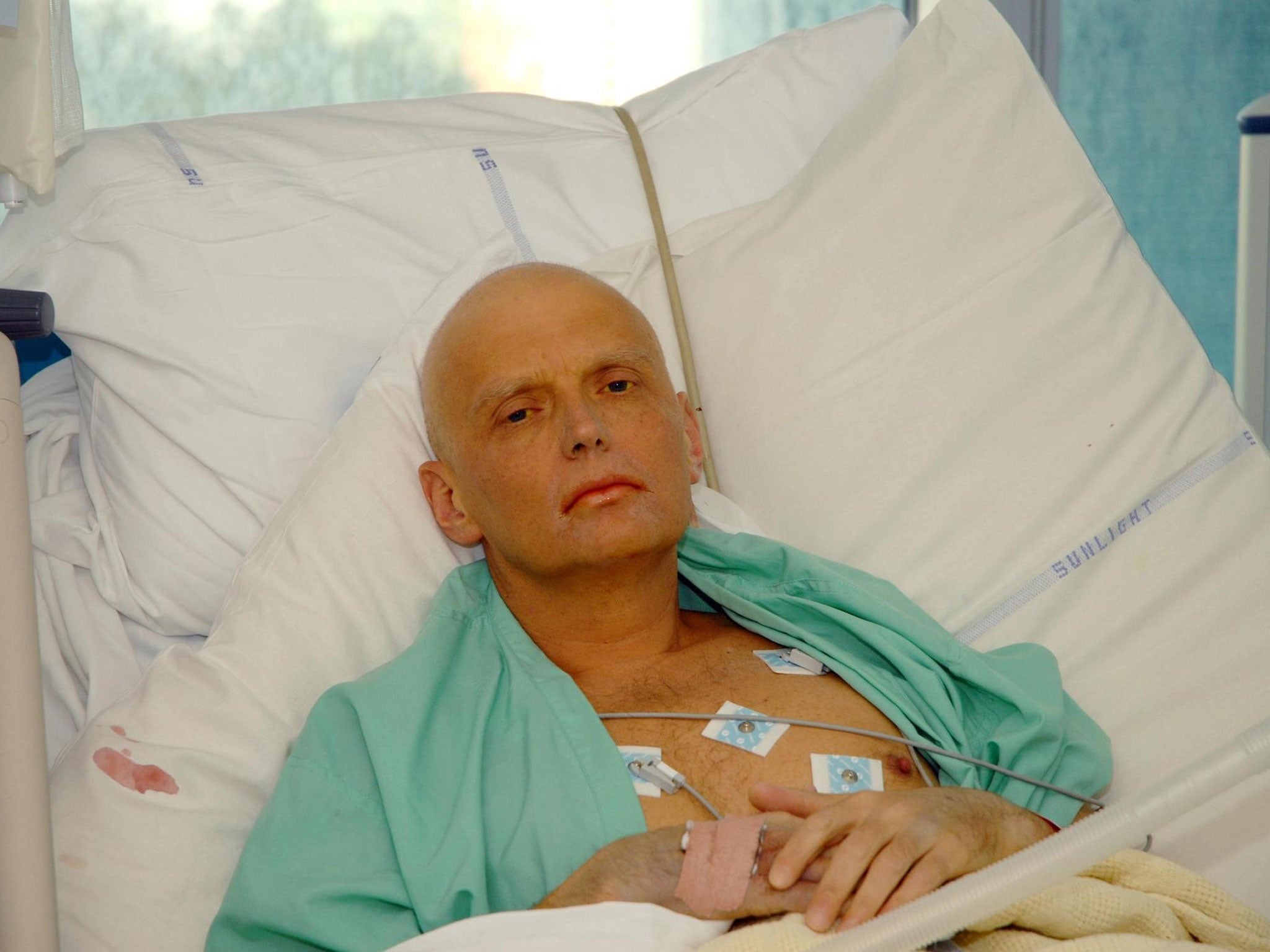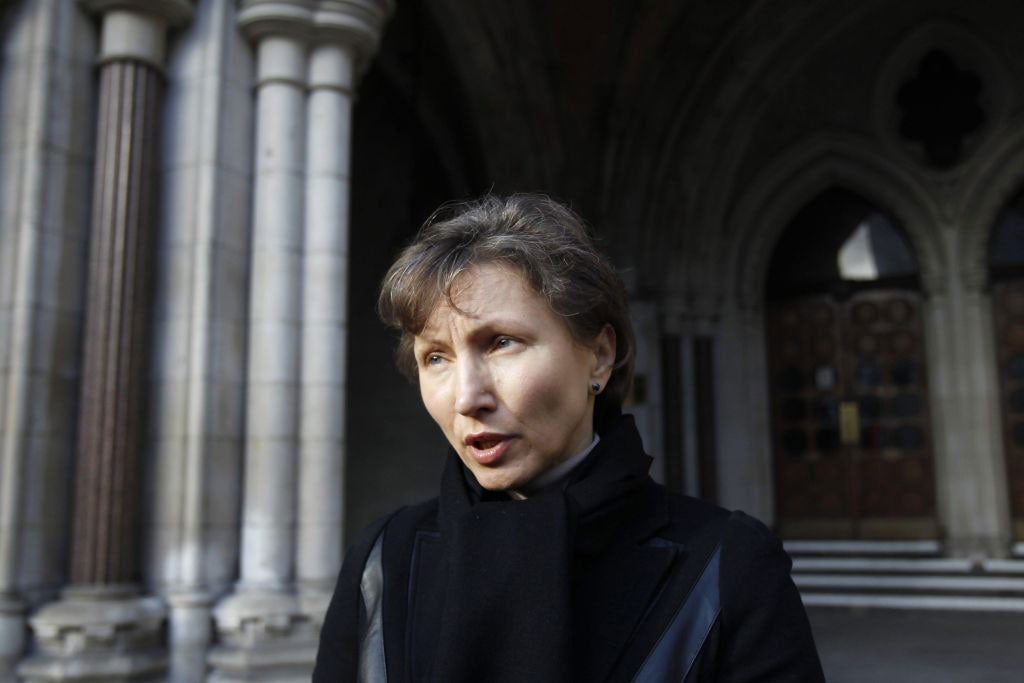Alexander Litvinenko inquest: U-turn on public inquiry is 'quirky timing' in light of souring relations with Russia over MH17 tragedy
Hearing will probe 'Russian state-ordered murder' of former KGB officer, who accused Vladimir Putin of ordering his poisoning

The Government has announced that a public inquiry will at last be held into the death of the former Russian spy Alexander Litvinenko, who was poisoned with radioactive polonium-210 in London in 2006.
Before he died in agony under armed police guard in University College Hospital, the former KGB officer blamed Vladimir Putin, the Russian President, for his death.
By converting a judge-led inquest into the incident into a public inquiry, the Home Secretary Theresa May will ensure that investigators can look into whether or not the Russian state was behind the murder.
It will be viewed as a calamitous decision by Mr Putin and his government, and comes at a time when relations between Russia and the West are strained by the downing of Malaysian passenger jet MH17 over eastern Ukraine.
Ms May confirmed today in a written statement to Parliament that a public inquiry will take over from the inquest, and that it will be chaired by Sir Robert Owen, the senior judge who had been acting as the inquest's coroner.
The Government has repeatedly resisted a full-blown public inquiry in the past, preferring to “wait and see” on the results of the inquest.
A High Court ruled in favour of Mr Litvinenko’s widow Marina in February, ordering the Home Secretary to reconsider her decision, after Sir Robert said he could not hold a “fair and fearless” investigation given the matters sensitive to national security involved.
Sir Richard Ottaway, chairman of the foreign affairs select committee, told BBC News the timing of today’s announcement was “a bit quirky” given the MH17 disaster.
Ms May had previously cited “international relations” as one of the reasons for resisting Sir Robert and the Litvinenko family’s calls for an inquiry.
Mr Litvinenko sought political asylum in the UK in 2000 after speaking out against the scare tactics of the KGB and what he called the “coup d’etat” of Mr Putin’s rise to power.
In November 2006, he drank tea laced with polonium-210 while meeting with two Russian men at a London hotel – one a former KGB officer.
That day he also met the academic Mario Scaramella and was said to have received documents relating to the death of the Russian journalist Anna Politkovskaya. Litvinenko later accused Mr Putin of ordering her assassination.
Three weeks later, after it was confirmed that he was dying of a radioactive poisoning, Mr Litvinenko issued a statement in which he said: “I think this may be the time to say one or two things to the person responsible for my present condition.
“You may succeed in silencing me but that silence comes at a price. You have shown yourself to be as barbaric and ruthless as your most hostile critics have claimed.
“You may succeed in silencing one man but the howl of protest from around the world will reverberate, Mr Putin, in your ears for the rest of your life.”
Mr Litvinenko’s family have pushed for a public inquiry because it will allow judges to hear, in secret, highly sensitive material that the family has said “contains a prima facie case of Russian state culpability for the death of Mr Litvinenko”.

These closed proceedings are not available to inquests, meaning the coroner “had to make a choice between having everything heard in public or very little, and in the end chose very little”, said David Anderson QC, an anti-terror legislation expert.
Former KGB bodyguard Andrei Lugovoi and Dmitri Kovtun have been identified as the prime suspects, but both deny any involvement and remain in Russia.
“A case involving spies like that they were never going to hear everything out in the open – you would have had a member of the Russian secret service just sitting there noting everything down,” Mr Anderson said.
